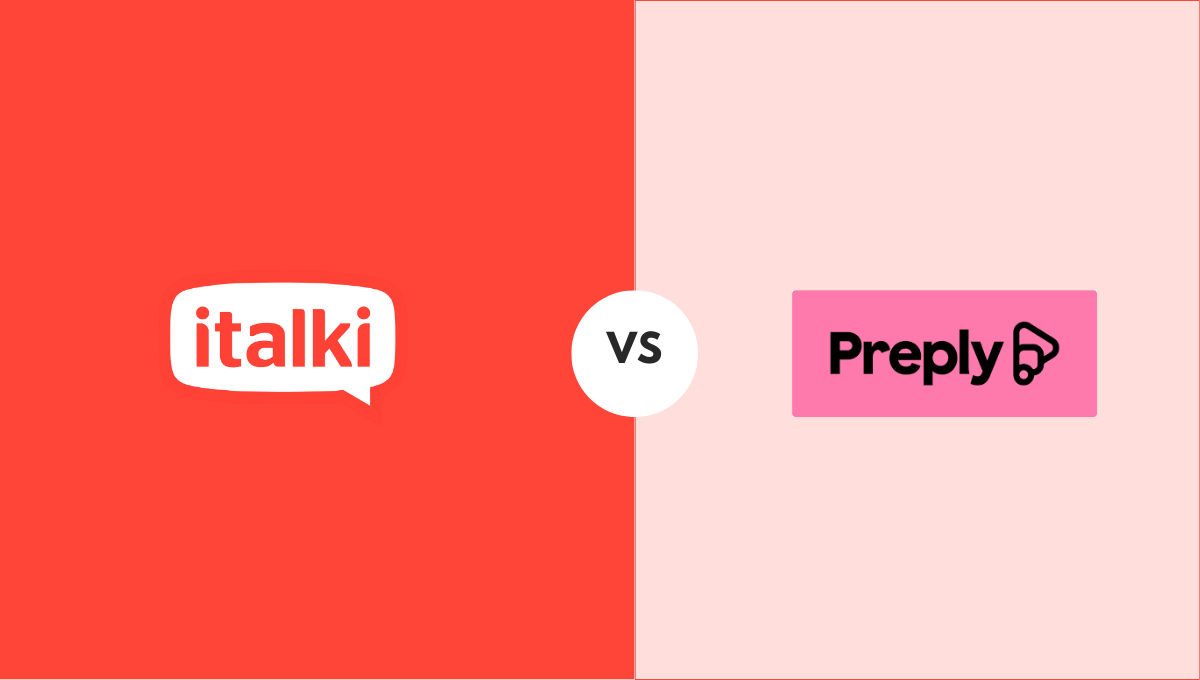English adjectives are a bit of an oddity. These particular grammar terms seem like they would be easy to spot, but in reality, they can be confusing. There are only two types of adjectives in English: attributive and predicative.
Attributive adjectives modify nouns (specifically singular nouns), while predicative adjectives act as the object of verbs. It’s not always obvious when you have an attributive or a predicative adjective, which can make things difficult if you aren’t careful! In this article, learn the correct order of adjectives in English so you can use them like a pro.
How to correctly order English adjectives
When using adjectives in the English language, they typically follow this order:
- Quantity or number
- Quality or opinion
- Size
- Age
- Shape
- Color
- Proper adjective (may be material, place of origin, or nationality)
- Purpose or qualifier
Example:
- I hate that really small old blue antique car that is always parked in front of the church.
- My uncle photographed a beautiful small brown golden retriever.
How to use adjectives correctly
There are several ways of using adjectives depending on how many they are in a sentence. They can describe people’s things, emotions, and happy expressions. Since we have already covered the order in which they should be written, we will focus on punctuation in this section.
Here’s how adjectives should be used in a sentence:
Use ‘and’ when there are two or more adjectives from the same group. For examples:
- The shoes are blue and white.
- The tailor does old and new designs
If there are three or more adjectives used in a sentence, use a comma to separate the coordinate adjectives. See the examples below:
- He jumped out of the big black, red, and gold car yesterday.
- Have you seen my bag? It is small white, red and blue.
Note: do not place a comma between the noun and the adjective.
More examples of the order of adjectives in the English language
- I am not a fan of the old green car that drives by my house daily.
- My aunt has a big stunning blue and white purse.
- A wonderful old Italian clock.
- A small round red circle.
- A pair of baggy old jeans.
- A boring old American soap opera
- I bought two pairs of brown leather boots.
Exercise on ordering adjectives
- Select the best response for each sentence.
A. The cottage is __________________.
- Small and blue
- Blue and small
- Small blue
B. We stay in a __________________ bungalow.
- large and green
- Green and large
- large green
Answers: A – small and blue B – large green
- Which statement uses the proper order of adjectives?
A. We took a lift on a grey, rusty French bus.
B. We took a lift on a French, rusty, grey bus.
C. We took a lift on a rusty, grey French bus.
Answer: C
- Which line uses the correct order of adjectives?
A. She’d like three reasonable justifications for why you hate eggs.
B. She’d like a reasonable three justifications for why you hate eggs.
C. She’d like a reasonable justification for three why you hate eggs.
- Which sentence uses the correct order of adjectives?
A. You love that truly huge rosy rusty relic tractor in the gallery.
B. You love that truly huge rusty rosy relic tractor in the gallery.
C. You love that rusty, rosy, truly huge relic tractor in the gallery.
Answer: B
- Which sentence uses the correct order of adjectives?
A. My husband drove a gorgeous massive ebony Friesian horse in the procession.
B. My husband drove a gorgeous Friesian massive ebony horse in the procession.
C. My husband drove a massive, ebony, gorgeous Friesian horse in the procession.
Answer: A
There you go!
I hope you enjoyed the exercise and that it was helpful. Was it too easy? How many did you get right? Tell us in the comments! I’m curious to find out.
Pro tip:
Sometimes, you might think you know what an adjective means, but you use the word in a way that changes its meaning. For example, if you think that big means very big, but actually it means only slightly bigger than small, you’re using big wrongly. This is an example of not using an adjective when you already know what you mean. You can also use this technique if you are unsure of the correct adjective order in a particular sentence.
If you’re not sure if you’re using an attributive or a predicative adjective in a particular sentence, you can always reread the sentence to double-check. If you think you know what an adjective means, but you’re not sure, you can always check the definition. This can help you if you’re unsure what an adjective means. You will also want to learn English vocabulary to make sure you have mastered the use of words.
English adjectives should no longer hinder your journey to mastering the language! You have this in the bag! Make sure to test your knowledge with exercises. Read books or watch videos that explain the concepts better.
italki is an exceptional, easy-to-use language learning tool that will turn your English grammar from blank to legend in no time. You can get an online English teacher to help you master adjectives.

Find Your Perfect Teacher
At italki, you can find your English tutor from all qualified and experienced teachers. Now experience the excellent language learning journey!
Book a trial lesson
Since its founding in 2007, the app, which connects learners to online teachers, has been home to language learners, language enthusiasts, and professional instructors and teachers. This is thanks to years of expertise and recognition by the New York Times and Business Insider. On top of being a language learning tool, italki is a social media platform where language students can interact freely with fellow students. Despite the app being advertised as having prepared lessons and instructors, it’s not true. Professional instructors may use italki to find English language students and offer them personalized study plans.
Conclusion
You can learn English online while focusing on what you want to learn based on your budget and your needs on italki. You can also send your chosen instructor guidelines about what areas of the language you want to pay more attention to.
Don’t forget. You have a friend in us! Book lessons with italki and we’ll be your guiding light.
Want to learn a language at italki?
Here are the best resources for you!




















